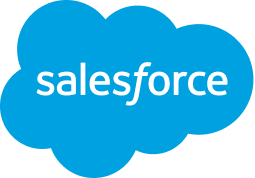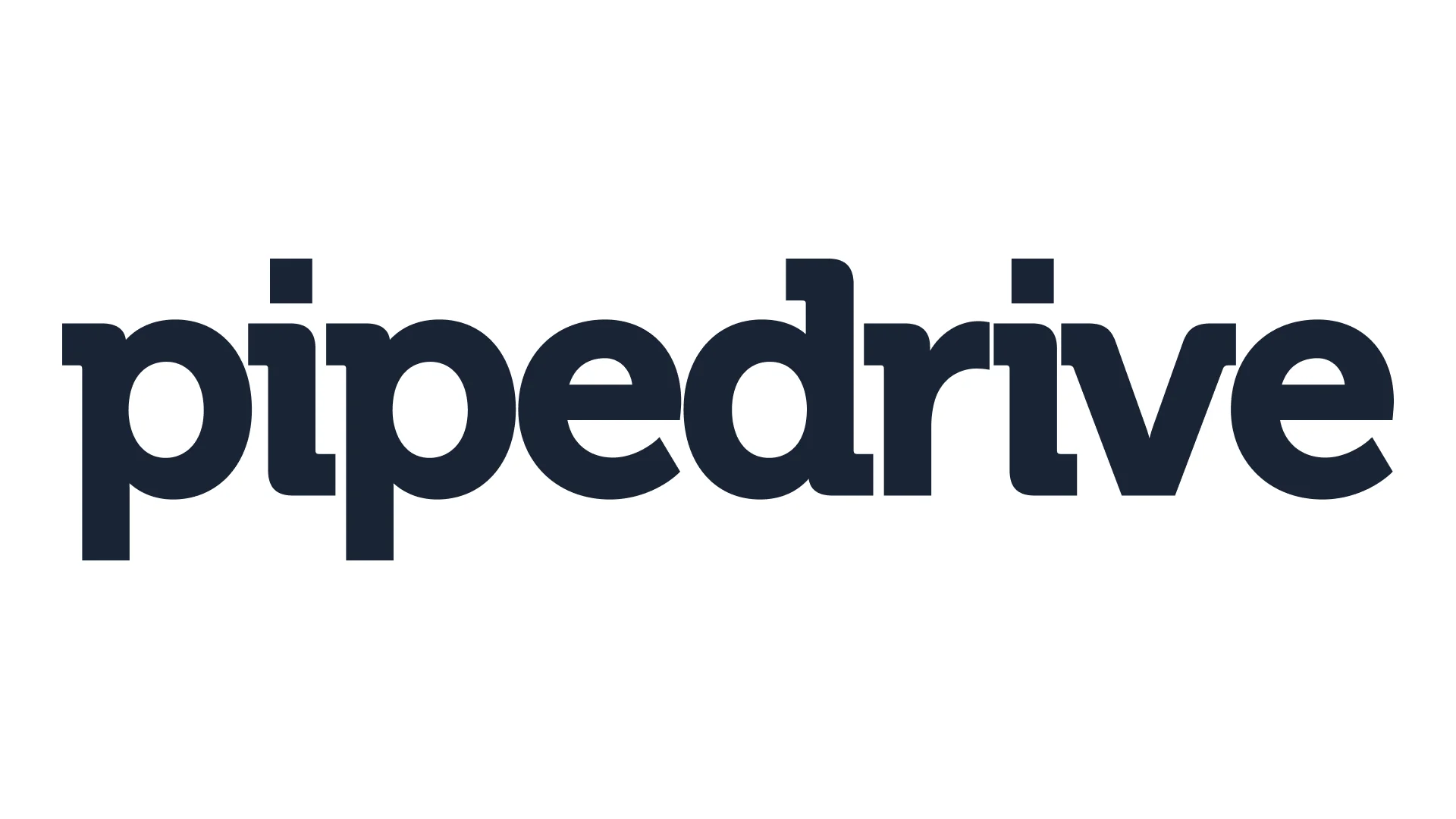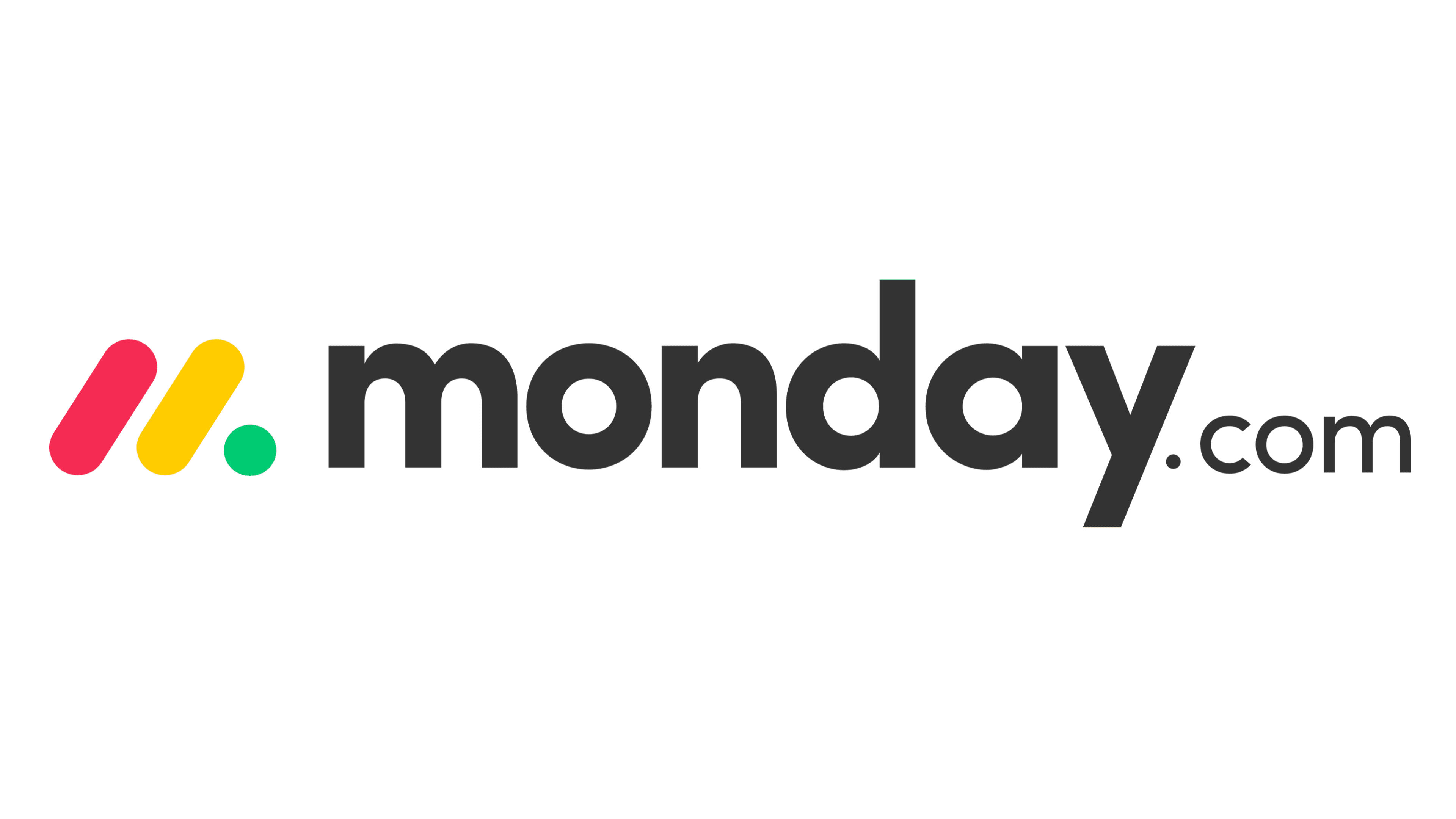We may earn an affiliate commission from partner links on the Entrepreneur Guide. These do not affect our editors’ opinions.
Customer relationship management is how businesses can interact better with their customers to keep them returning. A reliable CRM tool is essential for business expansion. Here are our top six picks for small businesses below.
What is CRM?
CRM stands for customer relationship management. Any process, tool, or strategy helps businesses access and organize customer data better. CRM is often an online tool that allows business owners to manage customer interactions.
Features of CRM tools can range from managing a company’s website to tracking emails, customer data, and telephone calls. CRM solutions can streamline contact management, marketing automation, and general business processes. In the modern era, many companies view social media and email integration as valuable marketing tools, and a proper CRM tool can help close deals through those channels.
The primary purpose of CRM is to build and foster meaningful relationships with customers to keep them coming back. In turn, the company will benefit from increased revenue and growth. So, in other words, to successfully compete in any industry, you will need reliable CRM software.
Top 6 CRM tools for small businesses:
What are some benefits of CRM tools?
A good CRM software can help businesses organize and centralize their customer data, allowing easier customer support access. Most companies seek CRM tools to optimize their sales and marketing and improve customer retention. While there are free CRM solutions, the most valuable software often comes with a price.
Data analytics can be considered one of the features of CRM because businesses can track the progress of specific projects and campaigns, identify trends and create visually intuitive dashboards to display the data.
Sales teams can benefit from the project management tools specific CRM systems provide, which aid in new lead scoring and finding potential customers, monitoring marketing efforts’ profitability, and upselling efforts at different stages of consumer life cycles.
Reliable CRM software allows customers to enjoy having better service and are likely to make multiple purchases as a result. If customers have complaints, the CRM service will document them for easy reference in the future.
Having the right CRM software can help your business scale faster, create returning customers, and provide daily business reports to grow your business. Some tools also help with task management and data entry, which can be valuable to your team.
It isn’t just your marketing department, as sales reps will value the precise analytics, and web designers will have more to go off of when creating your landing pages.
What are some different types of CRM technology?
- CRM Software: CRM software compiles a business’s customer information into one place so the company can easily access data such as contact data, purchase history, and any communications between customers and employees. This helps all employees interact with customers, anticipate customer needs and track sales goals. The purpose of CRM software is to make communication between employees and clients more efficient and productive.
- CRM Cloud Solutions: Cloud-based systems can provide real-time data to sales agents anywhere and almost any time as long as they are connected to the internet with a phone, computer, laptop, or tablet. These systems have heightened accessibility to customer information and eliminate having to install complicated CRM products or software.
- CRM Human Management and Artificial Intelligence: Despite the need for human labor, industry analysts have discussed implementing artificial intelligence applications into CRM tools shortly. With the use of robots, CRM can be considered more efficient in repetitive and programmable tasks, which would speed up sales cycles, optimize pricing because the cost of phone calls will decrease, increase resolution rates and reduce fraud.
The bottom line.
Happy customers mean happy business owners. Knowing your business needs can make choosing the best CRM software easier. An effective CRM tool allows automation to handle the heavy work while you focus on building customer relationships.
For more information on small business tools, visit us at Entrepreneur.com.






